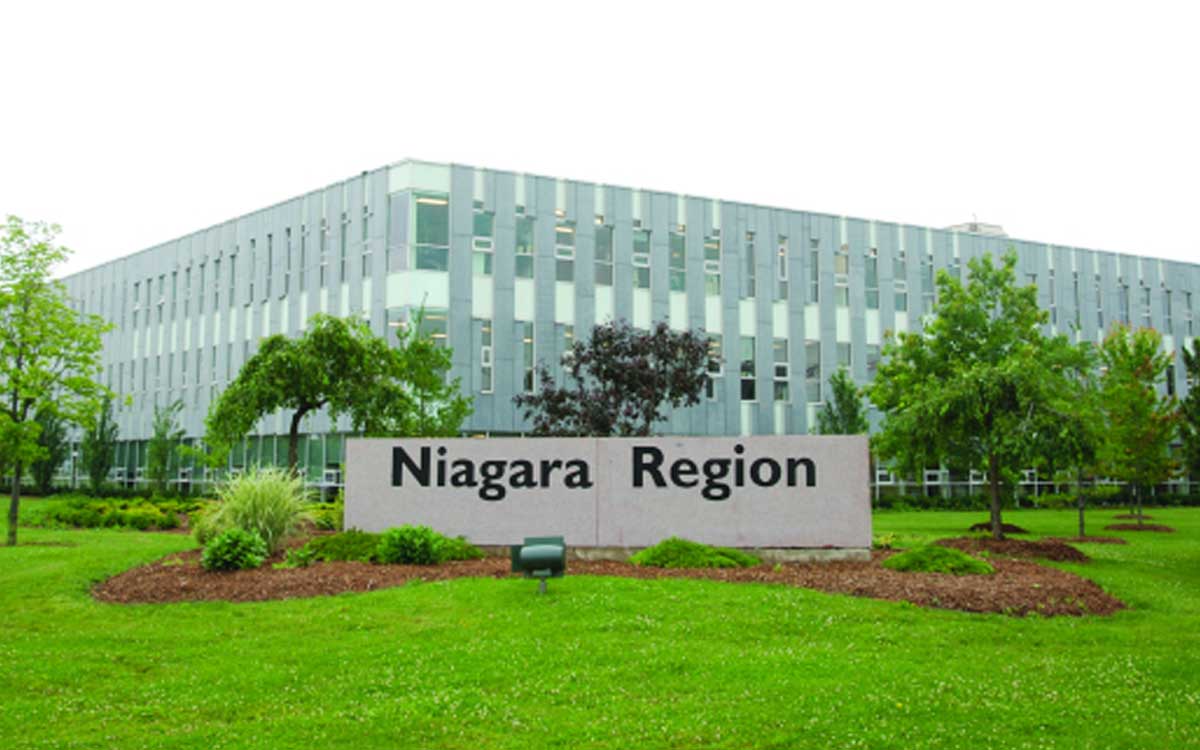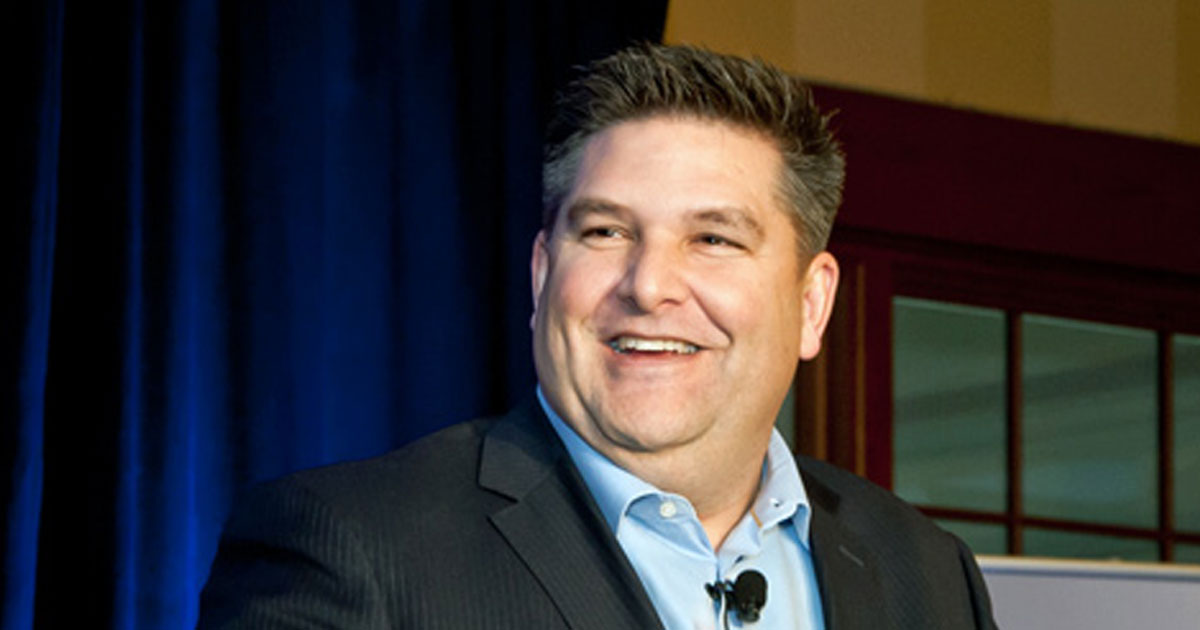
Photo: niagaracanada.com website
Niagara Region’s Director of Economic Development David Oakes recently announced he was stepping down from the role after about two years in the position. Oakes is moving on to become the Deputy CAO of the City of St. Catharines, and he’s leaving behind some big shoes to fill.
And filling those shoes will be a challenge. I’ve worked in economic development for more than 25 years, leading projects and programs in more than 400 communities in 30 countries. For the past dozen years, I’ve also been the head of the University of Waterloo’s Economic Development Program, which runs the professional certification programs for those who hope to work in this field in Canada.
Within the economic development community, there’s an old joke that says Niagara’s greatest export is economic developers. Partly, this is because economic developers move around a lot over the course of their careers – but it’s also because Niagara’s economic development space is about as fractious as a bus full of sugared up first graders, and after awhile the driver is anxious to get out of town.
So let me offer some basic guidance for those who are about to undertake the search process for a Director of Economic Development. If I were a part of the process – and as someone who lives and breathes this stuff – here are the Top 4 Things Niagara Region should look for in an economic development director:
- Economic development is a profession, with credentials and certifications.
My 10-year old daughter recently did a school project where she had to design a bridge with household materials. As a biased father, I’d say she did an amazing job. But if I was hiring someone to be the Region’s chief engineer, I’d want to see an iron ring on the successful candidate’s pinky finger or a P.Eng certification from the Professional Engineers of Ontario, and not just experience with popsicle sticks and tape. Heck, David Oakes had both an Ec.D. professional certification, and a Master’s degree in Local Economic Development. In this field, credentials matter.
- Economic developers have to be honest brokers.
Economic developers are often at the heart of very complex and highly confidential business discussions, over things like the acquisition of land or the accessing of finances. In this context, the perception of the economic developer’s character and honesty are often critical. I once watched a multimillion dollar deal fall apart here in Niagara because a conscientious investor did not have confidence in the integrity of everyone around the table. No one is perfect, but the economic developer has to be seen to bring as much integrity as possible to the economic development process.
- Economic developers have to be above politics.
In most places, this goes without saying. And while it’s true that everyone has some political perspective, for Niagara it will be critical that the economic development role be as apolitical as possible. In part, that’s because we have a Regional Council that’s pretty divided, but it’s also because the unique nature of Niagara’s political makeup means that the Region’s Economic Development Director is working hand in hand with the twelve local municipalities and their economic development teams. A misstep in this space means the job could easily become all politics and no development.
- Economic developers have a body of specialized knowledge.
Economic developers have to have great people skills, and solid networks and connections. It’s just as important, though, that they actually know economic development stuff. If they can’t calculate a location quotient, or describe where their community fits on the Carvalho Scale, or explain what Business Patterns data says about the relative health of local economic sectors, they can’t do the job. Of course, it’s always possible to learn on the job, and everyone has to start somewhere – but that’s certainly not what the top job is for.
In the past dozen years, Niagara has been through seven or eight economic development directors. That’s not necessarily unusual – it has been said that the average lifespan of a Canadian economic developer is about 17 months. But if we want to really come to grips with Niagara’s economic challenges, some long-term continuity – and genuine expertise – would not be a bad thing.

Brock Dickinson is a serial entrepreneur and innovator who has worked with hundreds of companies and communities in more than 30 countries. He holds a number of innovation support roles, including his work as and Adjunct Professor and Entrepreneur in Residence at the University of Waterloo, and as an Executive in Residence with Innovate Niagara. He lives in the Niagara Region.




















